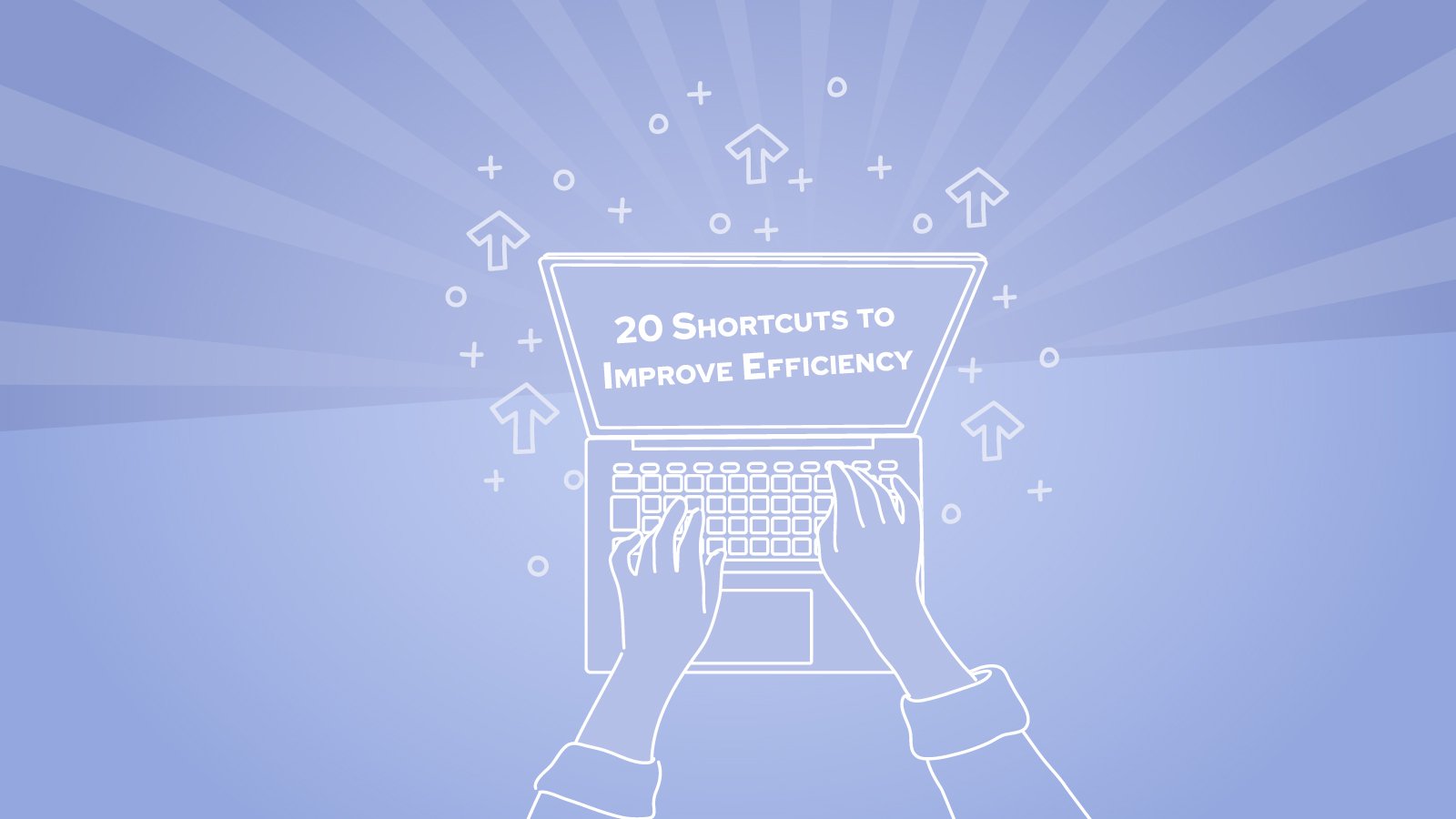You may be an expert in your field, but that doesn’t necessarily mean you’re automatically going to give a good media interview.
How long ago were you last interviewed by a journalist? Have you ever been interviewed by the media? Chances are you may need to brush up on your interview skills.
What do interviews involve?
They pan out differently depending on who it’s with, for instance whether it’s local or national, print or online media.
And in broadcast journalism, there’s a difference between how pre-recorded and live pieces are conducted. With a pre-record, your answers are edited by the journalist whereas with a live there’s no run through, meaning you need to get it right first time!
When you’ve got a journalist trying to pin you down for an interview, it’s easy to bury your head in the sand and hope they’ll go away. But don’t automatically turn it down.
Instead, use my tips on how to approach interviews to get good coverage for your business and form beneficial relationships with the media:
Tip 1 – Find the time to prepare thoroughly
There’s nothing more frustrating for a journalist than finally clinching an interview with the main figurehead, only to find they’re unable to answer their questions because they don’t know the full details. It’s about as much use as a ‘no comment’ as it adds absolutely nothing to the story and leaves the reporter scrabbling around for information.
Going blindly into an interview could really misfire, putting you in an extremely awkward situation you’re far from prepared for – and resulting in an article that positions you and your company as ill informed or unprofessional.
However, this can be easily avoided by making sure you set plenty of time aside beforehand to prepare your key messages, consider the questions you might be asked and practice your responses.
Tip 2 – Try to say ‘yes’ to requests as often as possible
The more interviews you do, the more likely you are to be contacted by the media to comment about other relevant stories in the future.
This may sound daunting, but it’s actually what you want, as it’ll help position you as a ‘go to’ industry speaker. Thus, it’s a great way to forge excellent relationships with the media.
Tip 3 – Answer the difficult questions
What’s more convincing: hearing a company representative answering questions in person or listening to a statement being read out by the media?
When you speak on your own behalf you have more control and more credibility.
This does mean you may need to answer tricky questions, but if you’ve fully prepared and stick to your key messages there’s no reason why your interview shouldn’t go well.
Tip 4 – Influence what the journalist writes by communicating clearly and concisely
Unfortunately you can’t dictate to a journalist what to write and you certainly can’t approve their article before it goes live. I lost count how many times people asked me if they could see my stories before they were published or asked me which angle I was taking.
However, what you can do is help influence what’s written about you.
Communicate your key messages as concisely as possible. Don’t be afraid to repeat key points and break down long questions into sections you can clearly answer.
Tip 5 – Don’t ignore journalists or avoid calls
The more contentious the story, the more persistent journalists are. And the bigger the story, the more media you’re likely to have camped on your doorstep. Just because there are no new developments doesn’t mean the media stops reporting.
Yes, you could ignore them and avoid returning their calls, but it’ll be at the peril of your company reputation because they’ll run their story regardless of whether or not you respond.
Tip 6 – Don’t let the story be published without your comment
A negative story with a ‘no comment’ or ‘the company were unable to respond’ or ‘refused to comment’ can be much more damaging to your reputation than providing a simple factual statement that says the bare minimum. (Read our blog post
‘The top 4 SME crisis management tips’ for more details.)
At best, it’s always good to take part in a face-to-face or telephone interview; at worst, a written, factual statement will suffice.
Tip 7 – Don’t jeopardise journalists’ goodwill by failing to respond within the requested timeframe
Make sure you get your information to reporters within their deadline. Otherwise they’ll file their copy regardless of whether or not they’ve received your statement.
This can be extremely frustrating if you’ve gone to the time and effort of researching, writing and signing off a statement. You might as well have said nothing at all.
Another implication of not submitting your comment on time is that you might end up delaying the story.
If it’s not particularly time sensitive, the editor may choose to hold the story until your quote comes through. This is not ideal, and a constant source of frustration for journalists who want to file their copy and move on to the next breaking story. Don’t do it, ever, unless you really have to. And if you do, make sure you let the media know about the delay at the earliest possible opportunity to maintain good relations with them.





